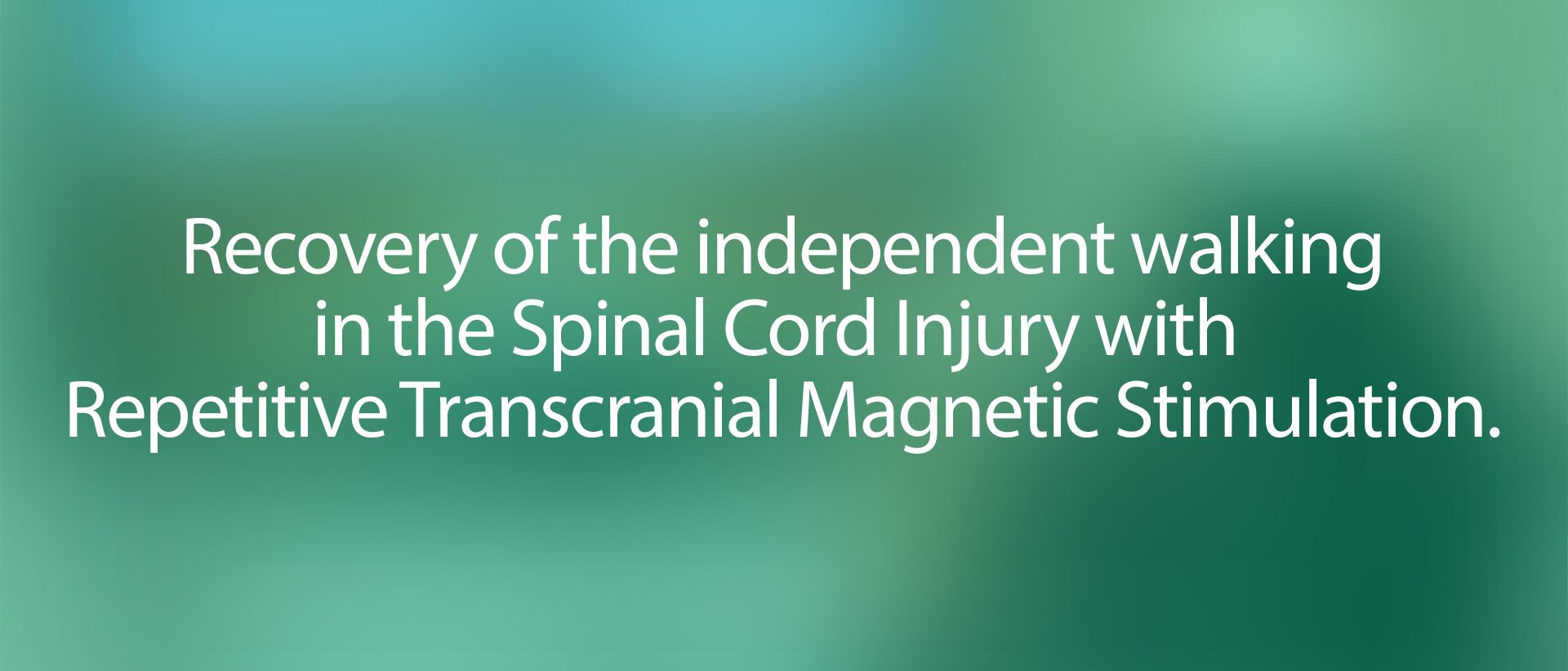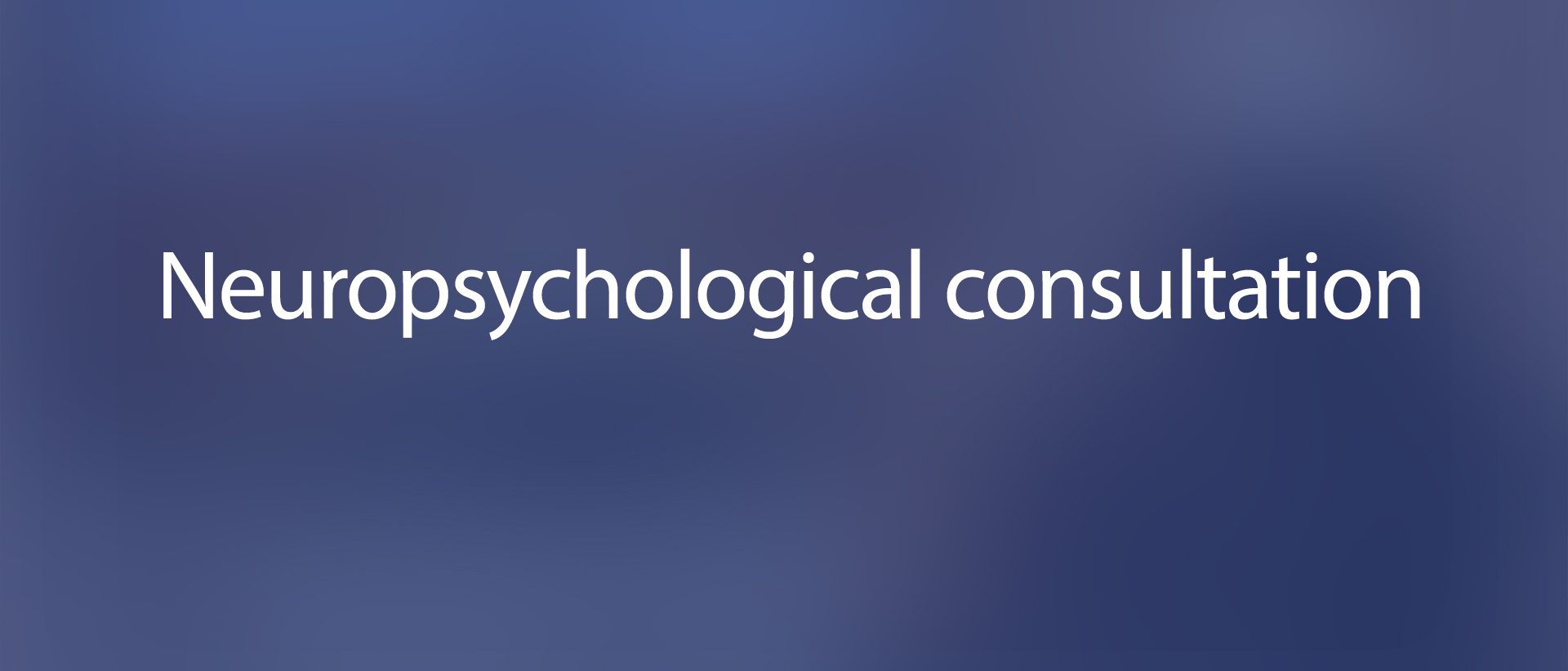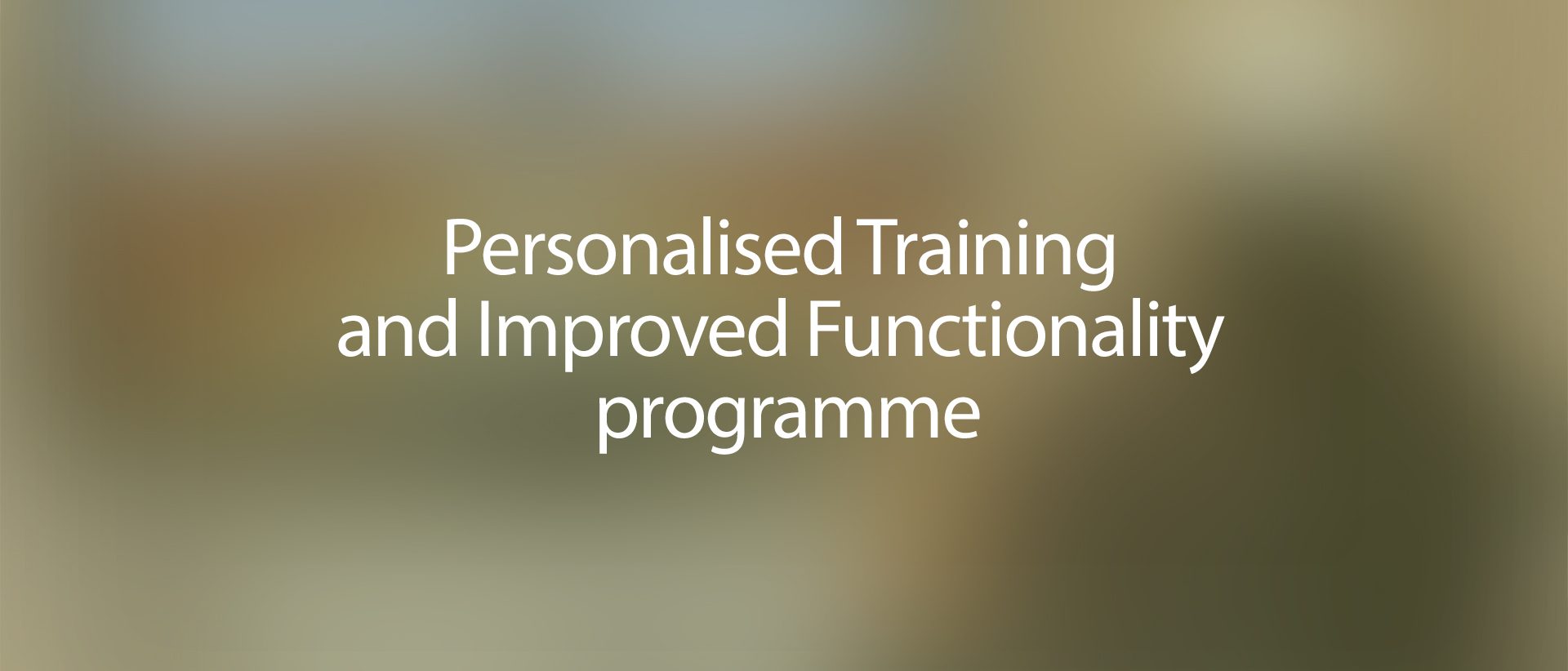
 What is it?
What is it?
The World Health Organization (WHO) defines stroke as a clinical syndrome, presumably of vascular origin, characterised by the sudden appearance of signs of focal neurological involvement (sometimes global) that last more than 24 hours or that, in some cases, can lead to death.
According to forecasts from WHO, in recent years, the global impact of stroke will place it in third place out of the ten diseases that have the most impact in the world.
One in six Spaniards will suffer a stroke throughout their lives, but despite the high frequency of these episodes, many people still do not know what it is and what are its causes.
There are two main types of stroke:
- Haemorrhagic strokes or brain haemorrhages, which occur when a blood vessel (vein or artery) bursts.
- Ischaemic strokes or cerebral infarcts, which occur when an artery is blocked by the presence of a thrombus or blood clot.
When a person has a stroke, the acquired brain injury can be irreparable and leave serious complications which have a significant impact on the quality of life of patients.
Only personalised rehabilitation programmes tailored to the needs of the patient, started as early as possible, can reduce the impact of these complications on the person’s functions and make a positive impact on their quality of life.
 Who is it for?
Who is it for?
Recipients of the programme are patients who have suffered a stroke and have the capacity to actively collaborate in a personalised outpatient neurorehabilitation programme.
 Techniques used
Techniques used
Physiotherapy, Occupational Therapy, Neuropsychology and Speech Therapy.
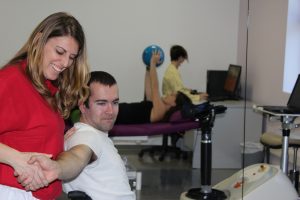
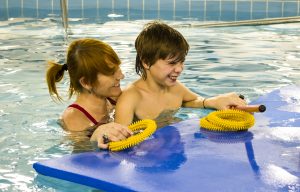
 Type of intervention
Type of intervention
Initially, a medical assessment is carried out to determine the patient’s suitability for the treatment, as well as the guidelines and duration of the treatment, which can be:
- intensive
- semi-intensive
The Intensive Treatment will consists of 30 sessions, from Monday to Friday, with the following distribution:
- Physiotherapy (60′)
- Occupational therapy (60′)
- Neuropsychology or speech therapy (60′)
The Semi-Intensive Treatment will be 20 sessions, on alternate days (2/3 times a week), with the following distribution:
- Physiotherapy or occupational therapy (60′)
- Neuropsychology (individual, group, GNPT) or speech therapy (60′)
At the end of the treatment, a clinical re-assessment will be carried out where the doctor makes an assessment to reveal the progress made and the patient is given a discharge report with final recommendations.
 Request more information by clicking here
Request more information by clicking here


